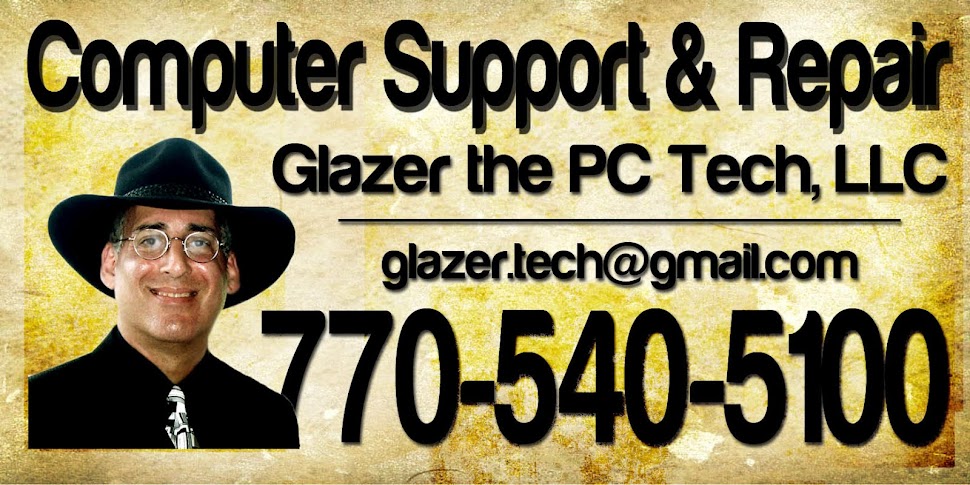Computer Care: Stop Online Piracy Act takes things too far
| ||||
POSTED: January 23, 2012 1:41 p.m.
| ||
Could you imagine if we had newspapers that had items blacked out, censored by someone other than its editors?
What if society allowed wealthy members of the business community or authoritative politicians the power to oversee the printed page? What if it were up to them what was considered fit for publication?
Censorship controlled by the wealthy, with the endorsement and consent of the government? What are the chances of that happening? After all, this is the United States of America.
Should House Bill 3261, better known as SOPA or the Stop Online Piracy Act pass, it could set precedent for censorship in this great country of ours. Its aim is to deliver massive control to certain industries over Internet content. It will start with the Internet and who knows where it can go from there.
The Senate has its own bill, the Protect IP Act or PIPA, S 968.
The bills call for domain blacklisting, which could stop Internet Service Providers from allowing access to certain Internet addresses. It blocks search engines (Google, Bing, Yahoo) from linking to those sites.
Chinese and Iranian governments endorse this practice. That's quite an elite club to be part of.
I am not in favor of piracy. Every author, artist, performer and creator has the right to profit from his or her work. However, these two congressional bills go way beyond demanding fair pay for fair work.
The current drafts allow record companies and movie studios not to just have objectionable copyrighted content removed from websites but to see the sites shut down completely.
Should these bills pass as they stand, unprecedented powers would in the hands of the Hollywood entertainment companies, artists and organizations like the MPAA and RIAA. For now, it seems the only ones to profit would be the lawyers.
It would make more sense and appear more appropriate to request the site owners to remove the materials in violation of copyright laws. But taking down infringed songs, books or movies is apparently not enough for them. They wanted and received the authority to shut down entire websites.
Any Internet-savvy web surfer could circumvent this obstacle by entering the numerical address of the suspect website instead of its name, rendering the whole ban mute. It may stop some, but not all from accessing a site.
It is overkill to allow termination of a website in the name of piracy prevention.
That means sites such as YouTube could be shut down because a ninth-grader posted a video he created with a Michael Jackson song in the background. Although a site as large as YouTube may be able to withstand that type of threat and survive it, a small startup site could not.
It wouldn't stop there. Advertisers would be prohibited from selling their wares on those websites. Untold numbers of technicians would be out of work.
In protest Wednesday, Google had its search box covered with a black band and asked Web surfers to tell Congress that censorship is wrong.
Google reports that they collected over 7 million signatures in protest over these two bills.
Wikipedia and thousands of other websites shut down for a day in protest this past week. Wikipedia briefly blocked content, and said afterward, "The problem with SOPA is that it prevents the "loss" of money, at the expense of knowledge and freedoms ... we care passionately about the rights of authors, because we are authors."
Others in opposition to the bills include eBay, AOL, Mozilla, Facebook, Yahoo, Twitter and Linkedin, to name but a few.
Those in the entertainment business in favor of the bills have already spent a whopping $100 million on lobbying for their cause to date.
They may need to spend more. So far, the protests appear to have had a huge effect.
After seeing all the public resistance, Congress is busy reworking the bills. Considering where they were a week ago, they have a lot of rewriting to do. There is also a compromise bill in the works. A group of House members is drafting a bipartisan piece of legislation called the Online Protection and Enforcement of Digital Trade Act. We'll see.
Quite a few members of Congress have reconsidered their "yay" vote on this controversial bill.
Three co-sponsors have already dropped support of their bills, perhaps more by the time you read this. There are others yet who are waiting to make up their minds, waiting to hear from their constituency until they decide.
That puts it in our hands, where it should be. We have the power, we the people.
Write to your congressional representatives, sign online petitions and email the White House.
Should these bills pass as they stand, this could be the beginning of the end of freedoms that this country was built upon.
Don't let it happen.
Arthur Glazer is a freelance writer and computer technician in Gainesville. His column appears biweekly on the Business page and on gainesvilletimes.com.
|



